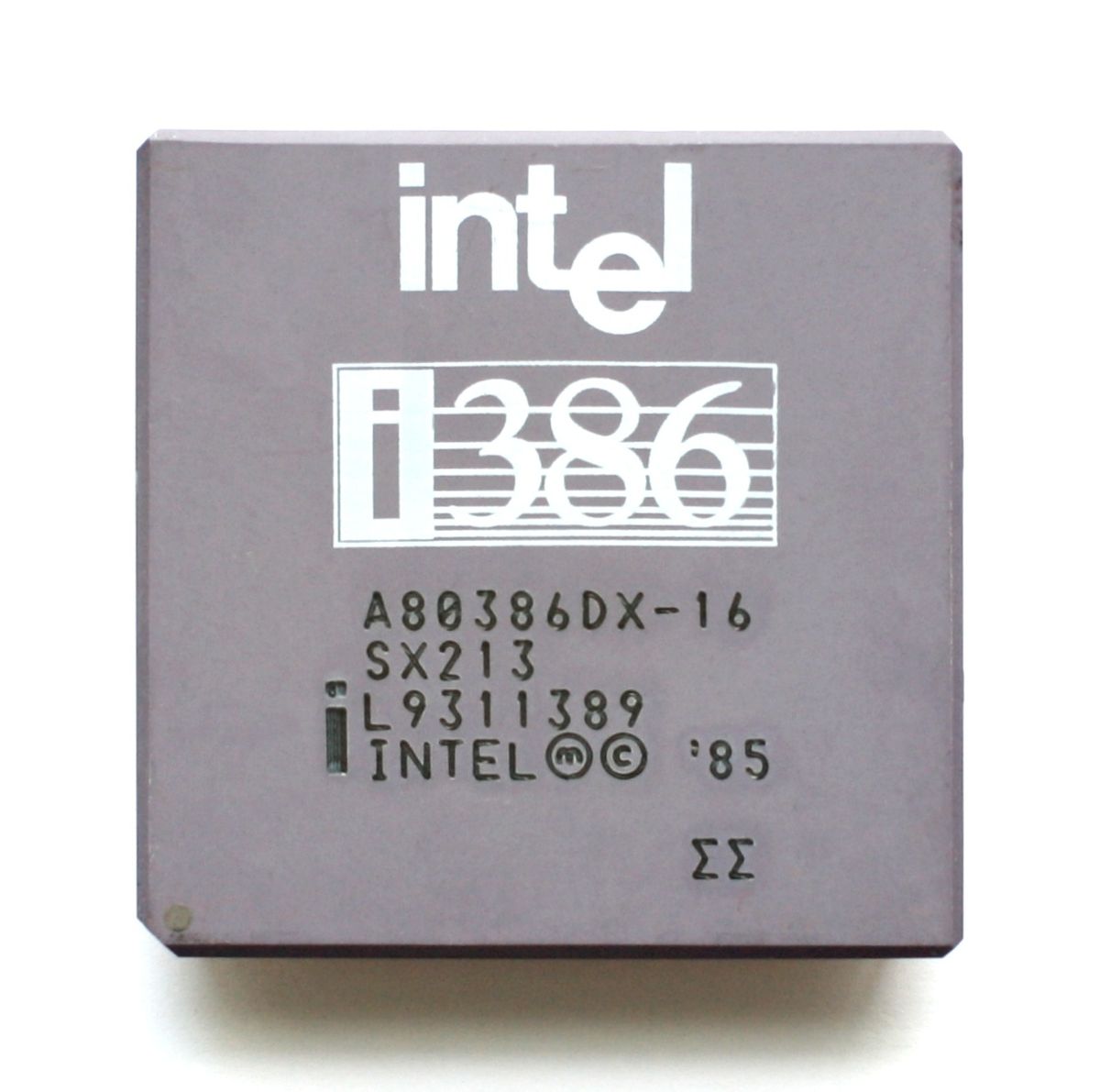I main Firefox but, want a Chromium browser for Android/Windows that I can use occasionally.
What are your preferred choices?
Edit: okay I tested out a lot of your suggestions and found Vivaldi to by my favourite so far :) thanks y’all
Honest question: What for? I have never encountered a site that was truly broken on Firefox.
They exist first two the come to mind.
If you have a very low end PC, Youtube works far better on Chrome then Firefox.
There was an article some time ago that taked about Google deliberately making youtube worse for firefox users.
Some online games like Krunker and Yorg3 run better in Chrome
Sure wish I could say the same. It doesn’t happen that often, but for example the last time was just a day or two ago.
deleted by creator
Try screen share on jitsi
Jitsi works fine on FF for me
One example is Voyager for Lemmy. Runs better using Brave than Firefox as a PWA
Some addons do not work on my Firefox after some updates. Had to switch to Chromium sadly. Around 2 years I switched back to Firefox but I think this time I just stay at Chromium. Seems to be more stable and quicker…
im using ungoogled chromium as a backup browser
If you cant compile it don’t install it
I can’t compile most things. F that.
Why cant you? Here is the link for the build instructions form ungoogled chromium https://github.com/ungoogled-software/ungoogled-chromium/blob/master/docs/building.md
To quote the linked build doc:
The recommended way to build ungoogled-chromium is by consulting the repository for your supported platform (links here).
So if I have any build errors, I’ll probably just be told to go install the package for my repo. If not, I’ll probably just waste the dev’s time with some idiosyncratic issue with my own machine or toolchain.
Now I’m on Debian stable, so there have been a few programs I’ve compiled because the one in the Debian repo was too old or unsuitable for my purposes. But in general, I trust the Debian packagers not to do nefarious stuff with the files in their repo. I also trust the open-source community to collectively and loudly shit their pants if this trust even looks to be violated.
Compiling from source requires non-trivial computer science knowledge, namely familiarity with the overall steps of how compilers translate human-readable code to executable binaries. Thankfully, most projects I’ve compiled have decent instructions where you just read the commands and drop them in, but some programs aren’t well-documented. Some compiles are harder than others. For example, Ardour requires an absolute shit-ton of dependencies. It’s a rather complex compilation. So far I’ve run into no dependency glitches, but considering it is a music software that needs near-realtime performance to be useful, you can probably understand why I’m paranoid about stability. How do I know that, a few years down the line, some of the dependencies will decide that I compiled it wrong and my recording session gets borked? For this reason, Ardour actually uses this as a selling point to buy copies of their software: you can compile it, but it absolutely sucks to do, and you can’t be sure that you did it correctly until it’s too late.
Most people don’t actually understand how computers work. Sure we know how to use our desktop environment, but really we’re engaging with the abstraction that tool provides. Going into the console breaks that abstraction.
So let’s say that I put you in front of a computer with your favorite desktop environment (you would have to pick one, or a window manager), but I don’t tell you what the actual operating system is. It could be anything, Linux, BSD, ReactOS (or Windows if we throw out the desktop somehow), TempleOS, anything. All the main apps like a browser, file explorer, settings GUI, office applications, have already been installed, as well as the applications you use. Do you think you could use this mystery computer? Probably, because you know how to use computers that follow the desktop metaphor.
Most people who use computers are familiar with the desktop environment [1] and will therefore have a much easier time transitioning between systems who each use the desktop metaphor. Compiling programs from source exposes the user to details that unmask the complexity of their systems. For most users, this causes unnecessary anxiety that does nothing to help convince them that the operating system is accessible for general use.
Now while I think there is a great deal of value in learning to compile from source and to do so in some cases… generally, I just can’t be arsed to do so. I’m fine delegating a modicum of trust to others because then I get to focus on the stuff I’m interested in. There’s a .deb file where I can install the program and move on with my life.
[1] Those who aren’t, like young children, are likely familiar with at least smartphone GUI idioms. They will probably be more comfortable on a PC whose desktop resembles that of a smartphone.
Good point but to be honest I just compile my stuff from source so that I can get the newest version of the software the security aspect is forms at leased a nice side benefit. In distros like Debian I can see the complications with the newer completed packages but with rolling release distros never experiencessed some problems with that.
Vivaldi is awesome on Windows/Linux and peerless on Android.
Not really a factor but rather a fun fact - I recently discovered they have a Mastodon instance, which can be of interest to lemmies.
Vivaldi has a special place in my heart since it’s made by the original Opera people.
Vivaldi has a bunch of stuff I like - tab stacking, tiling, a functional sidebar that is actually useful, and full-on UI customization.
I like Vivaldi a lot. It’s kinda where Opera went after Opera went to shit lol.
Same guy started them both
I actually tried out Vivaldi for about a month before I went back to Firefox but I like it as well. I think it’s the best chromium based browser out there.
Yeah same. Well actually I’m using Firefox on desktop and Vivaldi on my phone (Android), since I love having desktop style tabs on mobile. The trend of having to press a button to open a tab browser really annoys me and although Firefox sort of addressed that with tab groups now, I think Vivaldi’s implementation is nicer.
If I have to use a chromium based browser, I go vivaldi. The closed source parts are annoying, but it’s still better than the other options for my preferences.
“Closed source parts” Pal it’s only the UI that is closed-source. If that still triggers a problem I don’t even know what to say.
It’s still annoying.
Brave is the best. For a simple browser use ungoogled chromium.
This, only correct answer, and the only correct source to make your decision off of. Any other opinions being tossed around are mostly speculation by people who probably don’t actually know that much about tracker prevention.
If we all stop using firefox, then chromium has a complete monopoly. That’s dangerous with something as important as a web browser. Lets not forget that Chromium is sponsored/maintsined by Google.
I have no intention of stopping my Firefox use. I just want an occasional Chromium browser
Ungoogled Chromium and Vivaldi are my favorites
Chromium or Brave are going to be good options. I really dig Vanadium on mobile as my backup to Mull, but there’s not a desktop option as far as I know.
Brave for Chromium and Librewolf for Mozilla.
chromium, or maybe brave on old phones
For desktop I use Ungoogled Chromium portable as a secondary browser, and DDG browser on Android
deleted by creator
I use Firefox on Android primarily but I occasionally want a Chromium alternative
I use Bromite on Android whenever Firefox mobile decides to die
Bromite hasn’t had an update since December last year
Bromite has been abandoned unfortunately, definitely worth thinking about another chromium backup browser for sure.
Cromite is a fork of Bromite.
Oh, well that is good to know. Thanks
As a Vim user, I like qutebrowser. It’s very customizable.




















